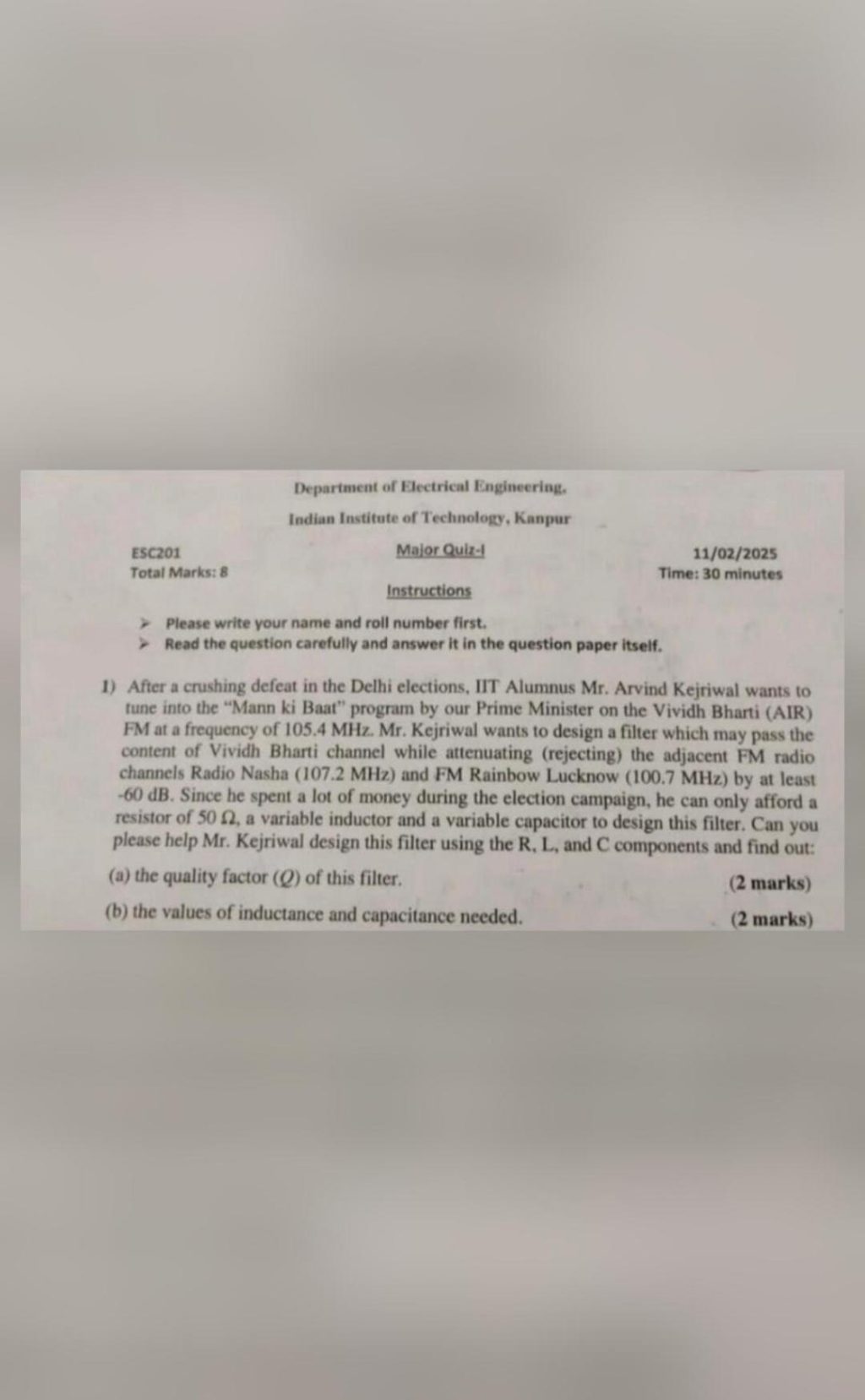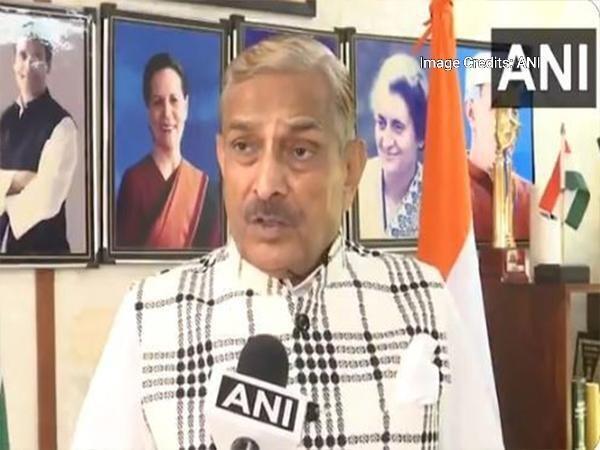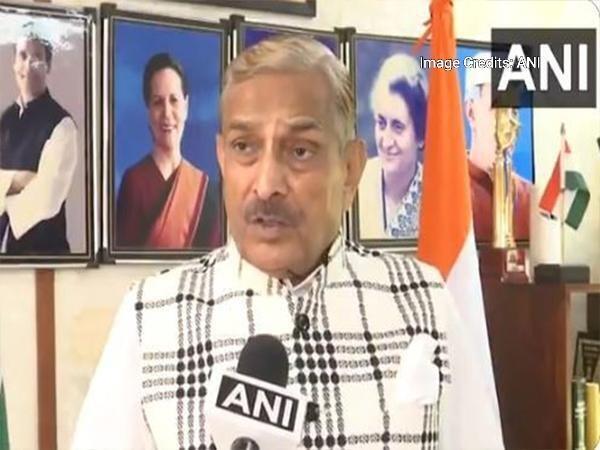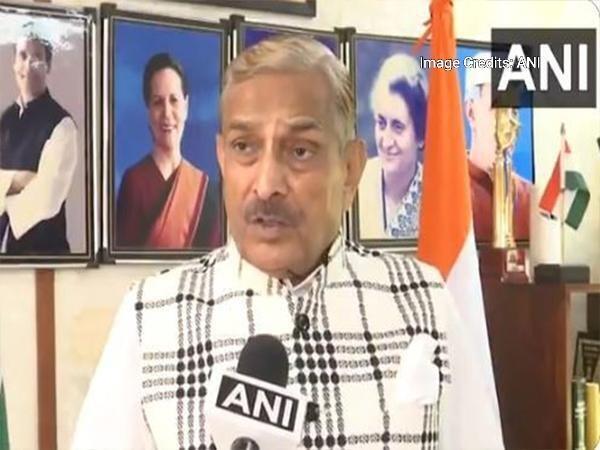
Wanted Exam to be More Engaging: IIT Kanpur on ‘Kejriwal & Mann Ki Baat’ Question
A recent question paper from IIT Kanpur has taken social media by storm, and for all the right reasons. The question, which asked students to design a filter for Arvind Kejriwal, the Chief Minister of Delhi, to help him listen to Prime Minister Narendra Modi’s ‘Mann Ki Baat’ program after Delhi’s poll loss, has gone viral. The question paper, which was shared on social media, has raised eyebrows and sparked a debate on the creative ways professors are using to make exams more engaging.
IIT Kanpur has confirmed that the question paper is real, and the professor who drafted the paper likes to use references to well-known personalities to make exam questions more engaging. The institute’s explanation has only added fuel to the fire, sparking a discussion on whether such unconventional questions are effective in assessing a student’s knowledge and skills.
The ‘Mann Ki Baat’ program, which is a monthly radio address by the Prime Minister, has been a subject of controversy in the past, with many critics accusing it of being a platform for the Prime Minister to express his personal opinions rather than providing any substantial information. However, in this context, the question paper has taken a satirical tone, poking fun at the Premier’s program and the Chief Minister’s loss in the Delhi polls.
The question paper, which is likely to be from a course on signal processing or electronics, has been widely shared on social media, with many people praising the creativity of the professor who drafted the question. The question is a clever play on words, using the ‘Mann Ki Baat’ program as a metaphor to test the students’ understanding of signal processing and filter design.
While some people have questioned the relevance of such a question to the course material, others have defended the professor’s decision, saying that it’s a clever way to make exams more engaging and memorable. The question paper has also sparked a debate on the role of creativity in exams, with many people arguing that it’s essential to make exams more interesting and interactive.
The ‘Kejriwal & Mann Ki Baat’ question is not the first instance of a question paper using satire to make exams more engaging. In recent years, we have seen a trend of professors using pop culture references and current events to make exams more relevant and interesting.
For instance, a few years ago, a question paper from a college in the United States asked students to design a theme park for a fictional Marvel superhero. The question was a clever way to test the students’ understanding of engineering and design principles, while also making the exam more engaging and fun.
Similarly, a question paper from a university in India asked students to design a sustainable city for the year 2050. The question was a clever way to test the students’ understanding of urban planning and sustainable development, while also making the exam more relevant and interesting.
The ‘Kejriwal & Mann Ki Baat’ question is a testament to the creativity and innovation of professors who are willing to take risks and try new things to make exams more engaging. While some people may question the relevance of such questions to the course material, others will argue that they are a vital part of making exams more interesting and interactive.
In conclusion, the ‘Kejriwal & Mann Ki Baat’ question paper from IIT Kanpur is a clever example of how professors can use satire and pop culture references to make exams more engaging and memorable. The question paper has sparked a debate on the role of creativity in exams, and whether unconventional questions are effective in assessing a student’s knowledge and skills.
As the education system continues to evolve, it’s essential for professors to think beyond the traditional exam format and find new and innovative ways to engage students. The ‘Kejriwal & Mann Ki Baat’ question paper is a testament to the power of creativity and innovation in education, and we can only hope that more professors will follow suit and make exams more interesting and interactive.






